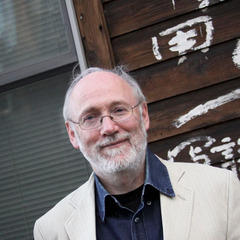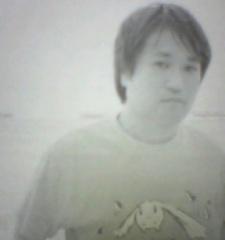D. H. Lawrence Quotes - Page 28

D. H. Lawrence, James T. Boulton (2002). “The Letters of D. H. Lawrence”, p.39, Cambridge University Press
D. H. Lawrence (2016). “Women in Love”, p.122, Xist Publishing
"Study of Thomas Hardy and Other Essays".
D.H. Lawrence (2013). “Delphi Complete Works of D.H. Lawrence (Illustrated)”, p.3522, Delphi Classics
D.H. Lawrence (2013). “Delphi Complete Works of D.H. Lawrence (Illustrated)”, p.7647, Delphi Classics
D.H. Lawrence (2013). “Delphi Works of D.H. Lawrence (Illustrated)”, p.4222, Delphi Classics
D. H. Lawrence, Ezra Greenspan, Lindeth Vasey (2003). “Studies in Classic American Literature”, p.46, Cambridge University Press
D.H. Lawrence (2013). “Delphi Complete Works of D.H. Lawrence (Illustrated)”, p.8926, Delphi Classics
D. H. Lawrence, Dieter Mehl (2002). “The Woman Who Rode Away and Other Stories”, p.163, Cambridge University Press
The flood subsides, and the body, like a worn sea-shell emerges strange and lovely.
D.H. Lawrence (2013). “Delphi Complete Works of D.H. Lawrence (Illustrated)”, p.6885, Delphi Classics
D. H. Lawrence, James T. Boulton (2000). “The Selected Letters of D. H. Lawrence”, p.135, Cambridge University Press
I see a redness suddenly come Into the evening's anxious breast-- 'Tis the wound of love goes home!
D.H. Lawrence (2016). “Snake and Other Poems”, p.7, Courier Dover Publications
David Herbert Lawrence, “Whales Weep Not!”
D.H. Lawrence (2013). “Delphi Works of D.H. Lawrence (Illustrated)”, p.5159, Delphi Classics
D. H. Lawrence, James T. Boulton (2000). “The Selected Letters of D. H. Lawrence”, p.289, Cambridge University Press
D.H. Lawrence (2013). “Delphi Complete Works of D.H. Lawrence (Illustrated)”, p.8621, Delphi Classics






